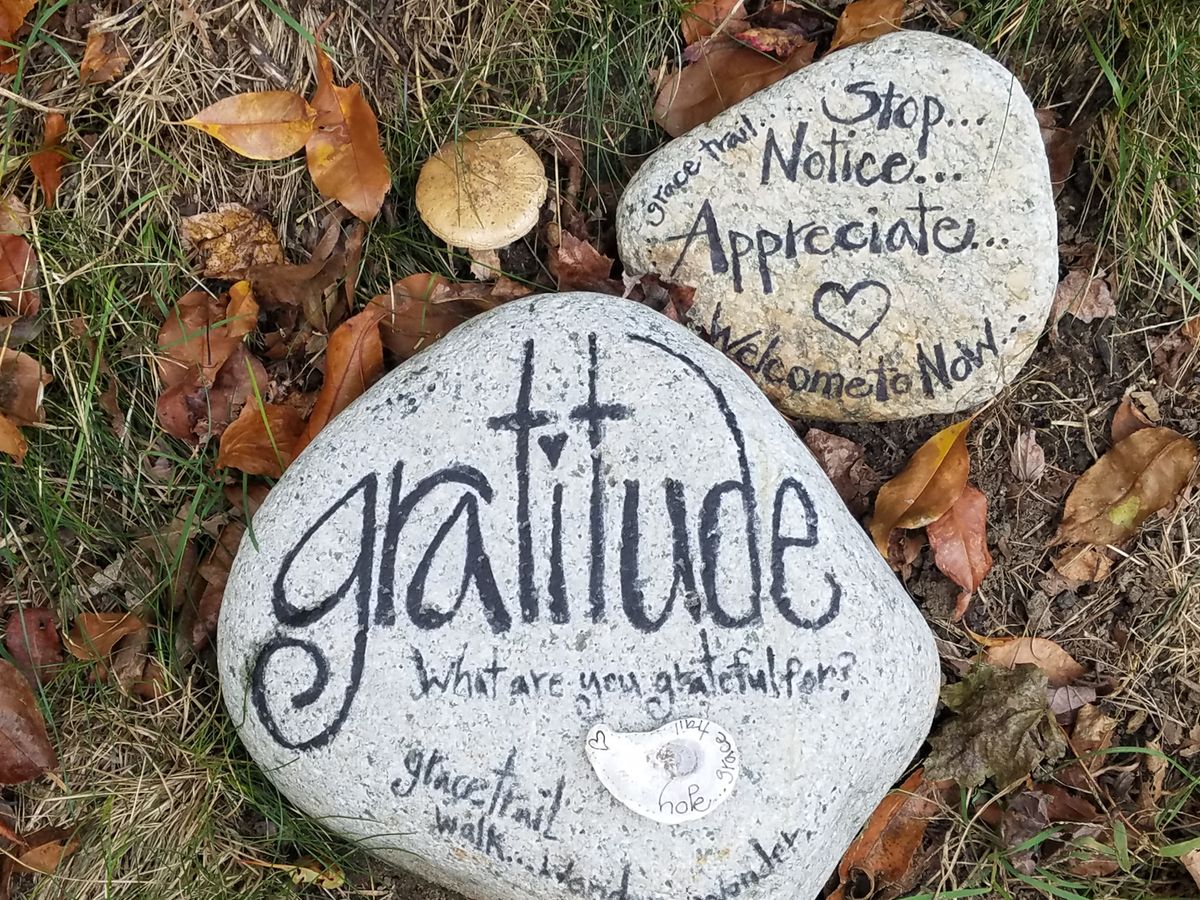"Be content with what you have;
rejoice in the way things are.
When you realize there is nothing lacking,
the whole world belongs to you."
Lao Tzu from the Tao te Ching, from Indistatus.com
11/26/24
I hope you’re enjoying your Thanksgiving.
Every year at this time, we are invited to take time to cultivate an appreciative attitude toward what we may often take for granted. Called gratitude practice, it is a call to regularly commit to enjoy the healing possible of finding and feeling gratitude in our lives.
In the spirit of the Lao Tzu quote above, it is through moments of compassionate reflection that we may release the hold of any momentary turmoil and become aware of the friendships, love, abundance, and moments of calm, peace, and grace already in our lives. Embracing acceptance and cultivating gratitude for our circumstances, ourselves, and others has been a profound healing practice for many.
Finding a way to practice gratitude from this vantage point can be almost heroic in challenging times of inner turmoil or conflict and outward disharmony. The path to authentic gratitude can sometimes feel elusive, especially when we're struggling to find things to be grateful for. For many of us it doesn't feel real or sustainable in and of itself. If that's you read below for a new perspective.
New Perspectives: Gratitude, Healing, and Your Life of Service
If this resonates with you, neuroscientist Andrew Huberman offers an intriguing alternative.
He outlines a process where rather than searching outward for things to be grateful for, Dr. Huberman suggests two powerful approaches:
- Recall times when others expressed gratitude toward you
- Create a brief mental story of witnessing someone helping another person in need.(1)
The key is fully experiencing the feelings these scenarios generate within us. This approach works through what Huberman calls "theory of mind" - our ability to recognize and feel the mental states of others. When we remember receiving gratitude or witness acts of kindness, we naturally experience their emotional resonance.
Possibilities of Change
Through this approach, gratitude becomes more than an intellectual exercise --- feeling it within us through regular practice may help us alleviate the grip of pain, stress, and despair that dissatisfaction can impose, allowing us to fully immerse ourselves in the present moment.
This variation of gratitude practice reminds us of the intrinsic value of service and can inspire us to rediscover the joys that come in our service roles to others.
(1) For a detailed explanation of this practice, you can access his video by clicking here.
***The information in this article is for educational purposes only and is not intended to substitute for professional medical advice, diagnosis, or treatment. Always seek the advice of your physician or other qualified health providers with any questions you may have regarding a medical condition. Never disregard professional medical advice or delay seeking it because of something you have read in this article. Please note that the results of any Yoga, meditation, or other therapeutic or exercise work may vary. Please read our disclaimer for more information.

